International Atomic Energy Agency (IAEA) Director General Rafael Grossi on Wednesday stressed the crucial role of the UN nuclear watchdog as more countries are shifting their attention to nuclear energy.
"Mother Nature is calling us ever more urgently to address the climate crisis, and at the same time, the world now also faces the worst energy crisis since the 1970s. This has led decision-makers on all continents to turn their attention again to the proven and scalable option of nuclear power to diversify their energy sources and de-carbonize the base fuel needed to enable wind and solar power," he said in a written statement to a UN General Assembly debate on the IAEA's annual report.
Projections call for nuclear capacity to more than double in the coming three decades if climate targets are to be met, he said.
"The shift to more nuclear power brings to the fore the indispensable work of the IAEA, especially in helping to ensure that safety and security come first and that safeguards continue to be implemented without interruption," said Grossi.
Today, more than 400 nuclear power reactors operating in more than 30 countries supply over 10 percent of the world's electricity and more than a quarter of all low-carbon electricity; some 18 countries are constructing 56 new nuclear reactors, and 30 countries are either planning or considering the introduction of a nuclear power program, according to the IAEA chief.
Without nuclear power, global carbon dioxide emissions would be considerably higher, he said.
For nuclear power to fulfill its potential, including as a producer of heat and low-carbon hydrogen, it will need to be put on an even footing with other low-carbon sources when it comes to financing. The decisions that governments make now will have a profound economic and environmental impact for generations, he said.
The IAEA helps decision-makers to base their policies on science and fact rather than fear and ideology. Small modular reactors offer new opportunities for many countries, including developing ones. To ensure that they come to market in a safe and timely manner, the IAEA is engaging stakeholders, including industry and regulators, in an effort to harmonize and standardize regulatory and industrial approaches, he said.
"As new technologies create new opportunities and as nuclear science and technology support Sustainable Development Goals across the globe, the IAEA is making sure that no one is left behind. At the same time, we are making sure that safety and security norms and international legal frameworks remain strong, flexible and forward-looking," he said.
"The agency's nuclear safety standards are considered international reference points for the protection of people and the environment from the harmful effects of ionizing radiation, while our security guidelines and codes of conduct play an equivalent role in helping the international community to prevent nuclear material falling into terrorists' hands. To help countries to make sure that they are implemented effectively, our advisory services and peer reviews allow for ongoing safety and security improvements in all areas of the fuel cycle, including radioactive waste management."
As the world faces the convergence of multiple challenges, including insecurity and climate change, the peaceful uses of nuclear science and technology are becoming ever more important tools in many of society's most important areas. They contribute directly to more than half of the Sustainable Development Goals and indirectly to all of them, said Grossi.
The IAEA is the premier vehicle by which these life-affirming tools are distributed more widely across all four continents to those who need them most, whether to cure diseases, to help feed the hungry, to protect the environment or to power progress without harming the planet, he said.
The safe, secure and peaceful use of nuclear science and technology provides the means to address many of the most pressing priorities, fulfilling the IAEA mission and contributing to the common agenda of the United Nations, he said. "Peace and development can only be achieved when access to these precious resources and the knowledge of how to use them are widely shared among all countries and no one is left behind."








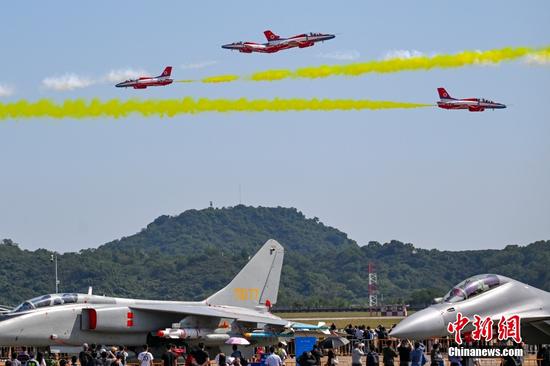

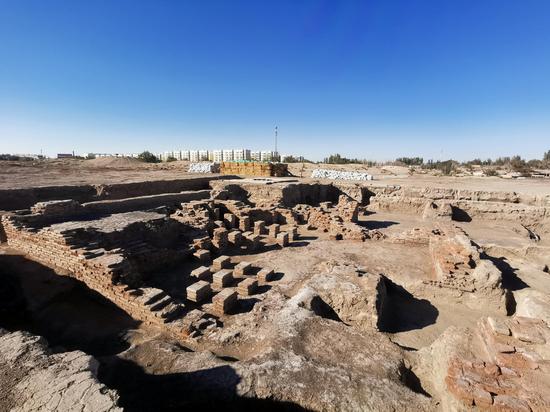
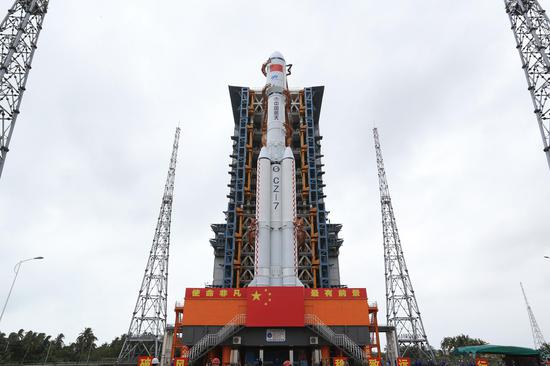
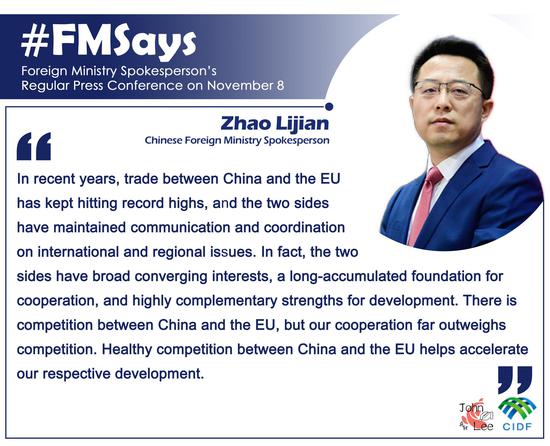
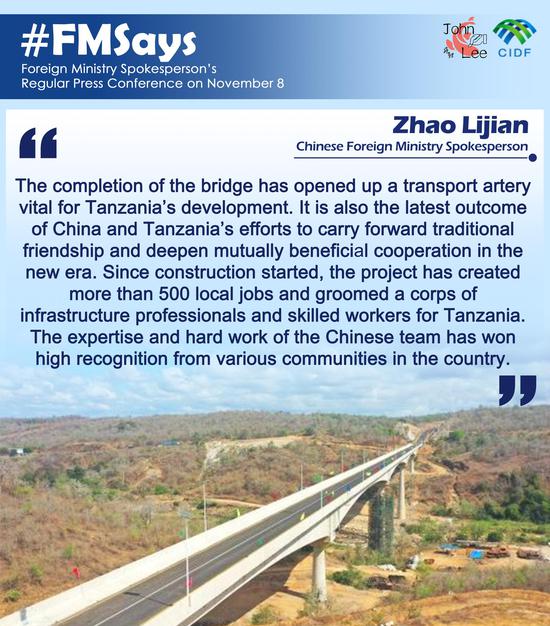
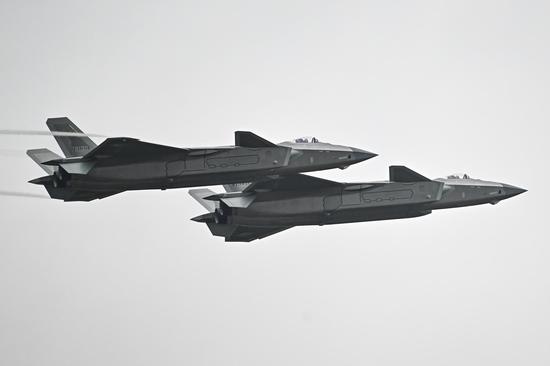
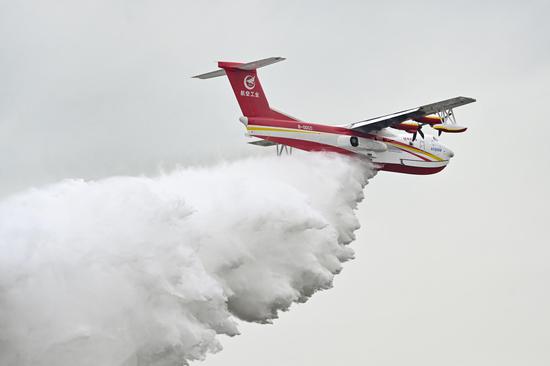


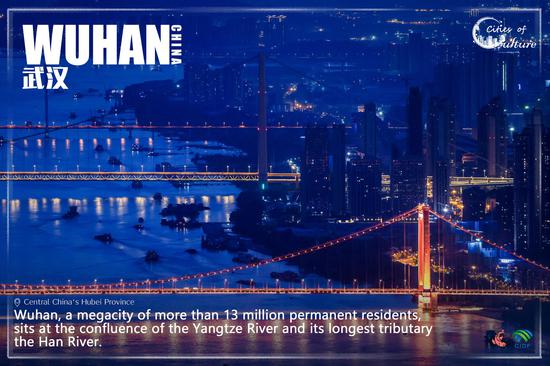
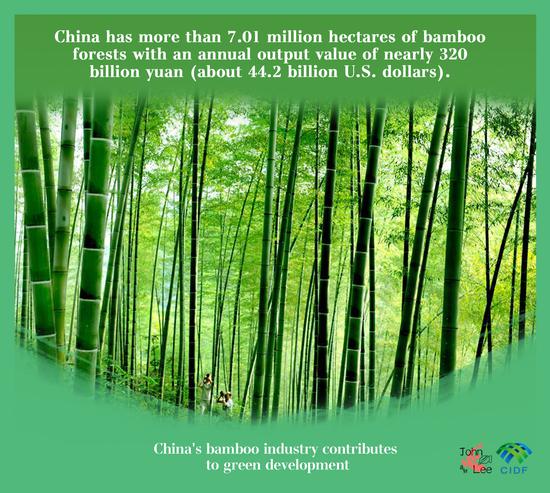


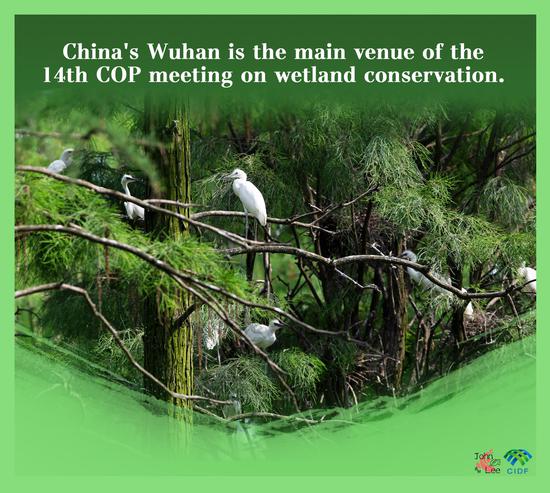

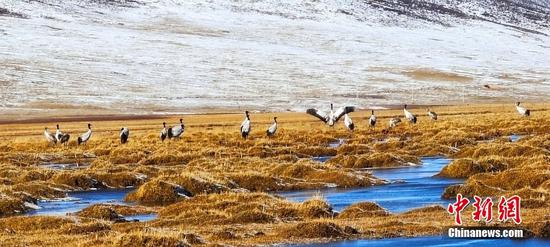
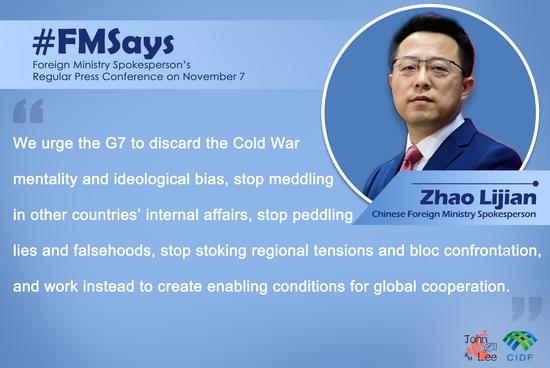
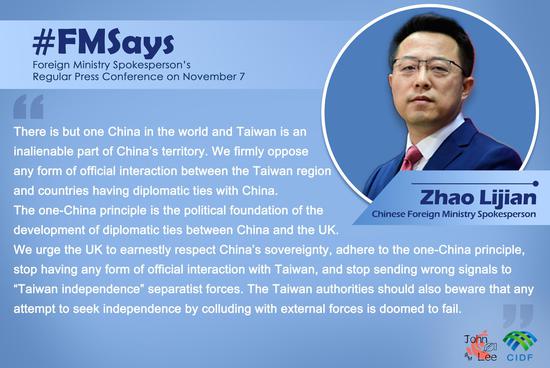

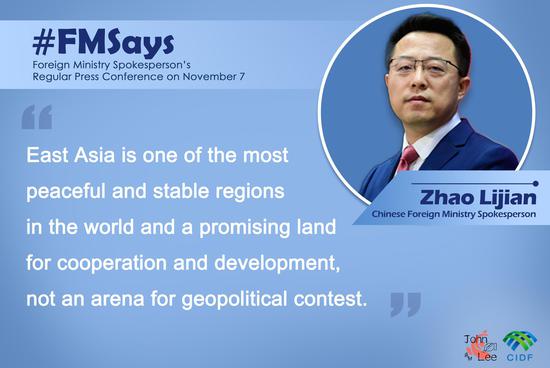
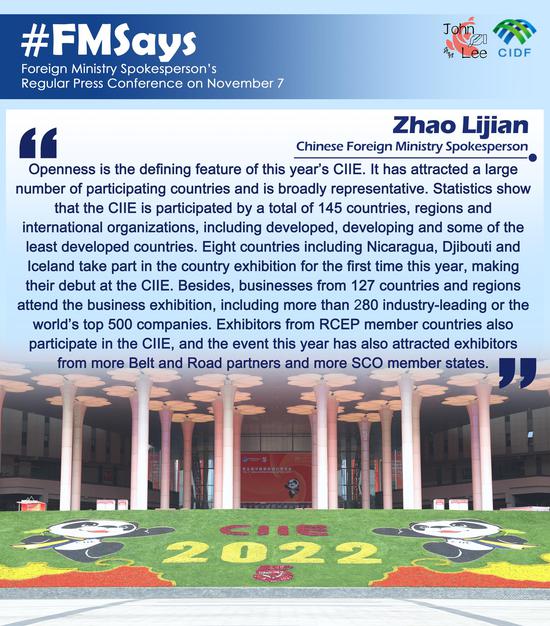
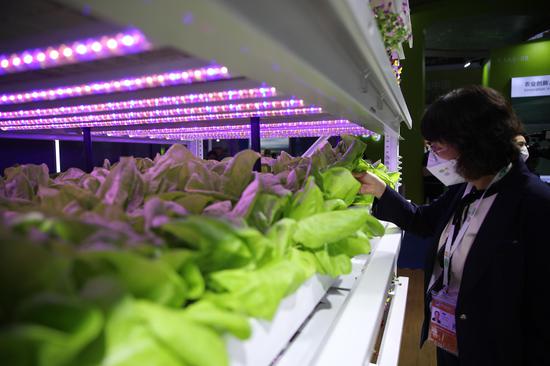
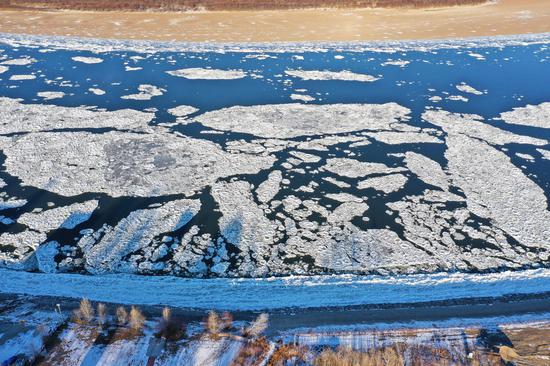
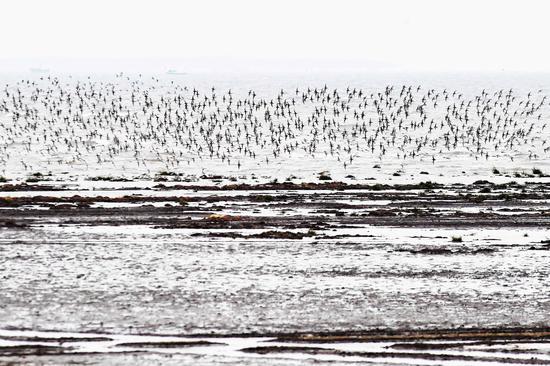

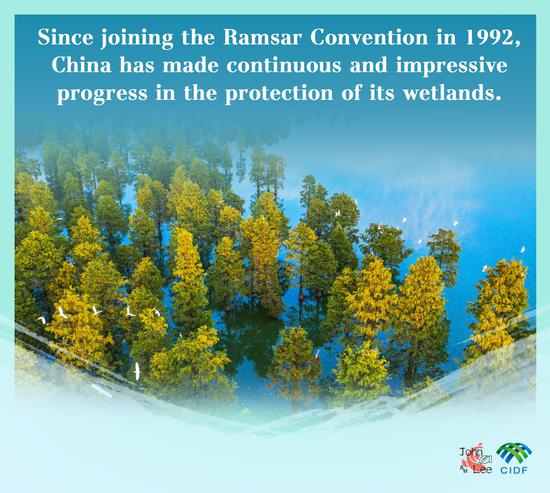
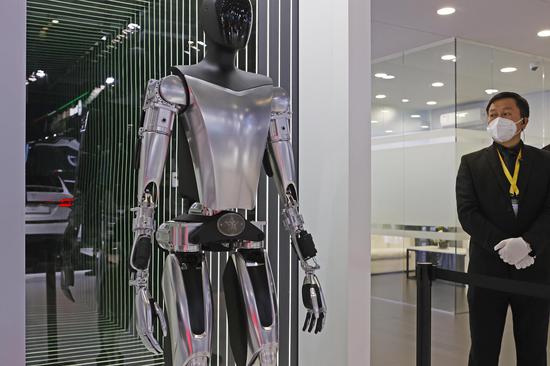


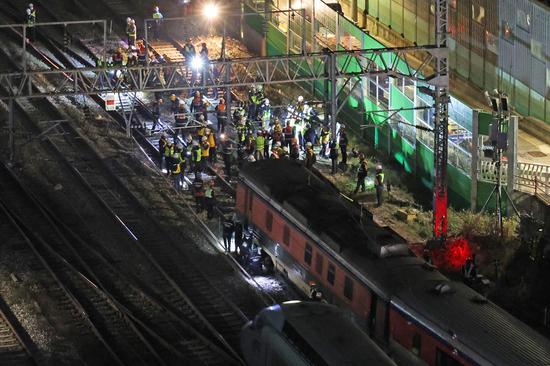
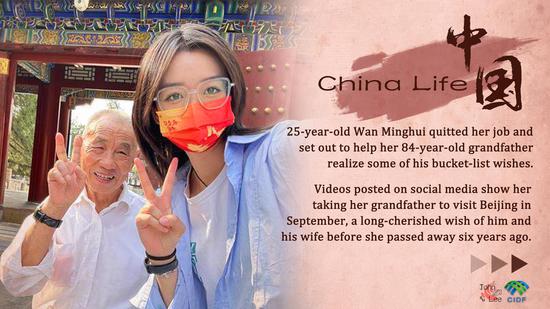

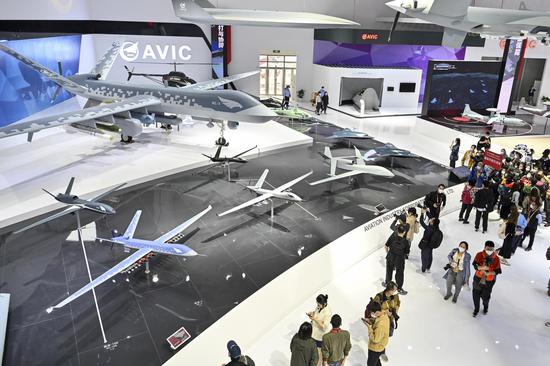

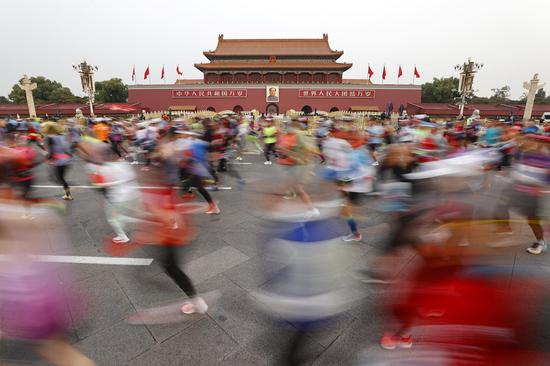






 京公网安备 11010202009201号
京公网安备 11010202009201号